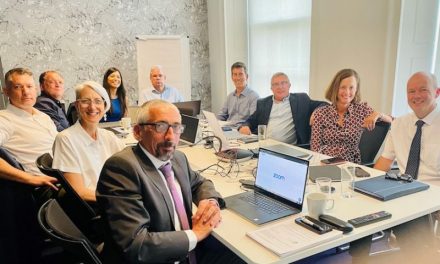The technology behind controls, and the energy savings that can be achieved, are pretty much a given, these days. What’s critical to concentrate on now is how users of all nationalities, technical ability and backgrounds use and interact with smart lighting solutions. That’s probably why “usability” was one of the key watchwords, during the recent Smart Lighting conference in Berlin.
Other stand-out topics at the conference were the following:
Lighting biology
From human-centric lighting, to animal-centric and plant-centric lighting, there was a lot of discussion about how various types of light can effect sleep patterns, health recovery, growth, educational ability, concentration, and many other factors. Many pilot projects and experiments were presented at the conference, but not many of them were mass-market products.
Spider’s web of standards
Nearly every smart lighting industry standard was mentioned in some way, during the two-day conference. Although some companies claimed their standards were superior, the general consensus was that the current state of affairs is limiting growth in the market. The need for collaboration amongst the standard’s associations was called for during the conference, but an action plan was not laid out.
Lighting beyond illumination
Both visible-light communications and wireless-optical technology (Li-Fi) received a large amount of attention during the show. A number of real world deployments of both technologies were presented, and while both are nascent technologies, there was certainly a lot of hype around how lighting can offer more than just illumination.
Coming to a city near you
A number of smart city projects were presented during the show, including Jacksonville, Florida; San Diego, California; and Copenhagen, Denmark. All of presentations demonstrated the benefits of using luminaires as the backbone for data capture, third party services and other applications; however, providing a set of clearly defined benefits to individual users was a problem for many presenters and panellists.




